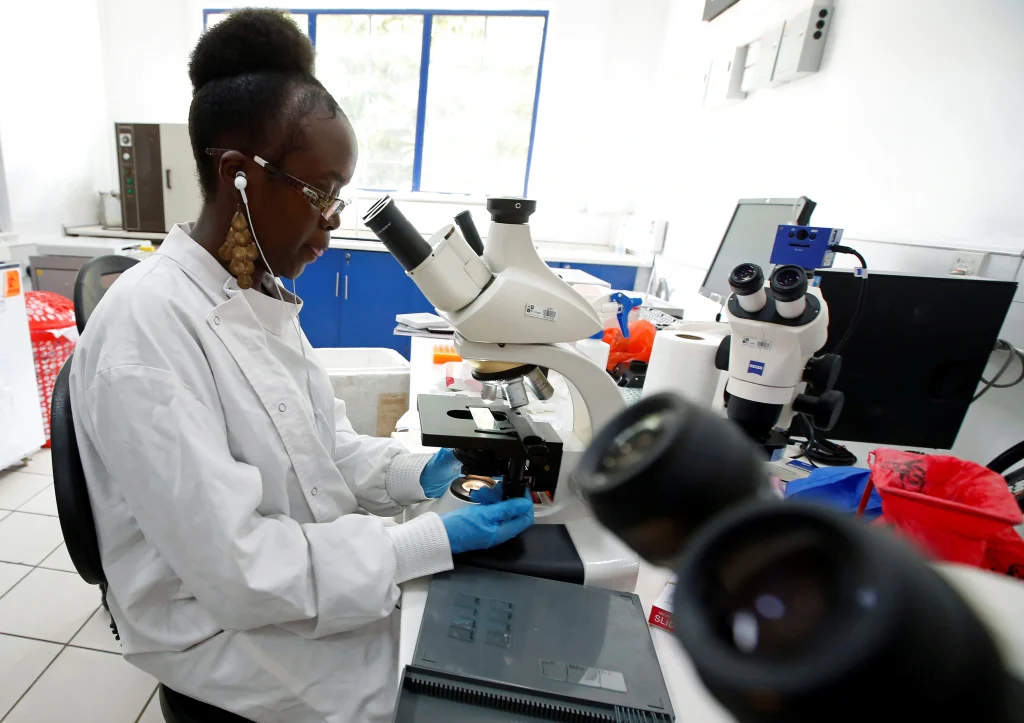The continent’s digital revolution can largely be driven by building the necessary skills for the short- and long-term future, and this starts in the classroom.
The recent technological influx across Africa, largely boosted by the adoption of mobile phone use, needs to be capitalized upon by the education sector.
This can be achieved through reimagining the education landscape by addressing the challenge of exclusion through increased investment, to achieve quality education in science and technology for all.
[elementor-template id="94265"]











